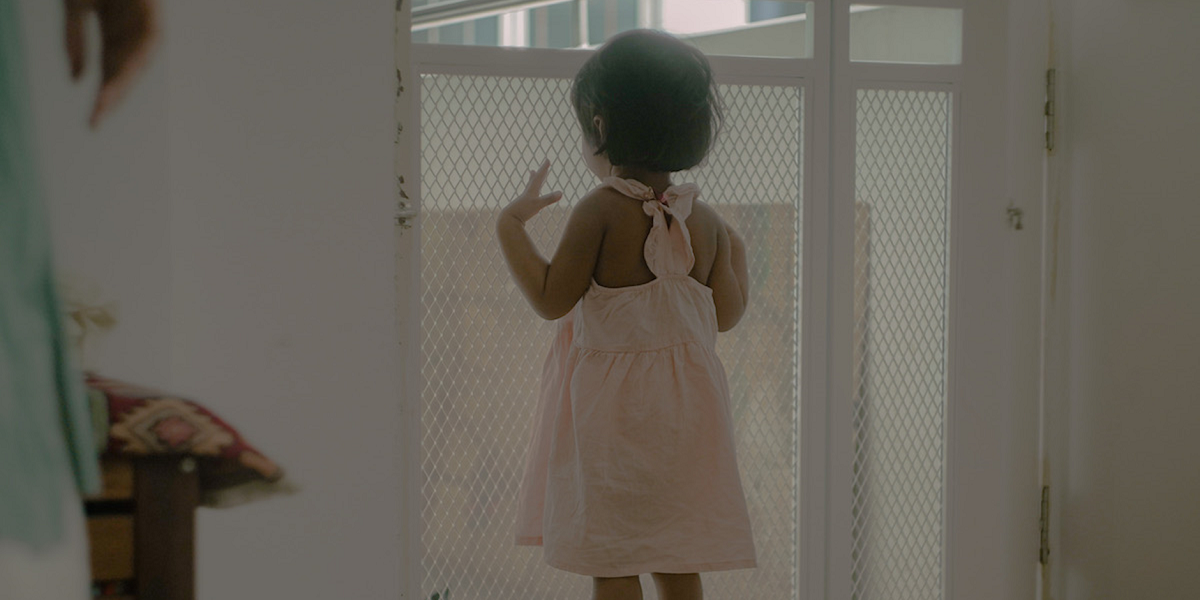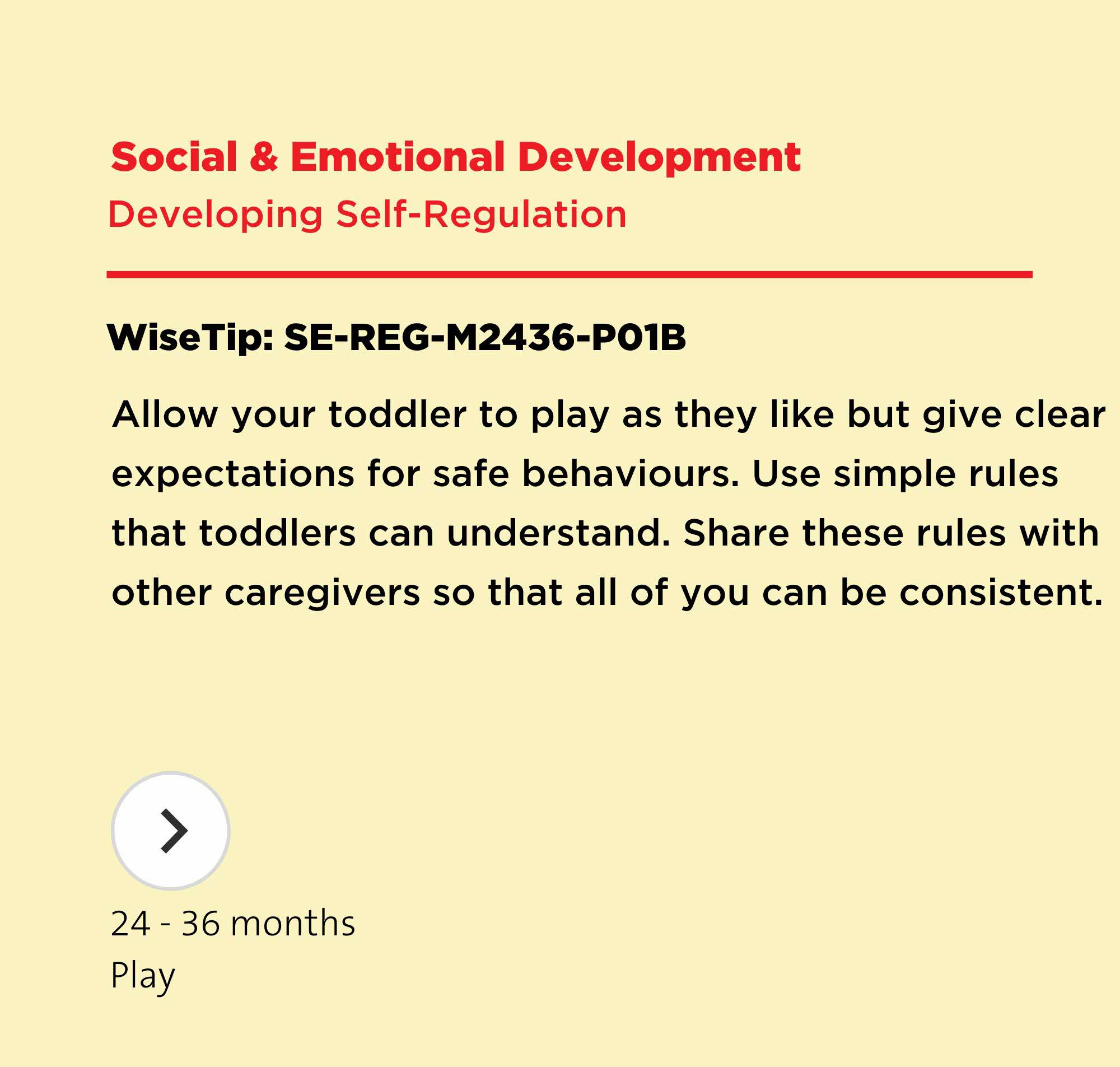Families For Life | Discipline is not a dirty word
I thought I had read all the parenting books, but nothing quite prepared me for the tumultuous days of "three-nage" (When your little one is three but acts like a teenager).
That tiny boss screaming and crying in a public toilet: “I WANT MUMMY TO WIPE MY BUTT! WIPE! MY! BUTT!” It seems hilarious now, but I didn’t find it funny then.
In my experience, this golden age may start from about 18 months and last all the way until age four or beyond. It is a time of real testing for parents, but I believe that if you persist in guiding your child, it will bear fruit.
The personalities of each parent and child are so different, and each parent-child relationship varies so widely that not all advice can be applied wholesale.
A gentle, sensitive child may only need to be chided, while a strong-willed one may need more forceful, firm parenting. Nonetheless, I’d like to share some lessons I’ve learnt along the way.
TRAINING FOR THE BEHAVIOUR YOU WANT
Discipline does not always equate to punishment. It should be thought of as training a child in the way he or she should go.
For a young child, that could look like the following scenarios:
“We pack up toys after playing."
“Let’s clean up if we’ve made a mess.”
“Say please and thank you!”
“We speak kindly and respectfully to one another.”
“We help others."
Any positive reinforcement of whatever you want your child to do, not just avoid.
HAVING RULES AND BOUNDARIES
Rules and boundaries may sound very limiting in this age, but just as traffic lights prevent cars from colliding and fences demarcate territories, they are absolutely essential in keeping our children safe and us parents, sane.
It is never too early to begin establishing healthy boundaries. This would look like not allowing kids to watch TV while having meals from young, or to institute early bedtimes and a regular schedule from birth.
For a baby six months to a year plus, we can set up a safe place for baby to roam in.
A play pen or yard can be an excellent way to allow baby to explore freely, away from dangerous items such as electrical sockets and sharp objects.
The boundary grows with the child. As they grow in their ability to navigate their environment, we can expand their space to roam.
The timer is my best friend. “Five more minutes” is ruled by the clock, not Mum’s whims and fancies, or the child’s ability to negotiate.
Consistent use of the timer has helped my kids and me keep to schedule. They know that I mean what I say.
“We are leaving in five minutes” means Mummy is out of the door, and if you don’t catch up, you will get left behind. (If they still don’t want to follow, at this age, they are still small enough to be carried off, thankfully.)
Some other boundaries may look like these:
“No hitting, only gentle touch.”
“No spitting or biting.”
“Bedrooms are for sleeping, not eating”.

Photo taken in collaboration with Ang Wei Ming, featuring one of our ParentWise families
ESTABLISHING VALUES
Beyond just household rules, rules and boundaries can also translate to values and beliefs.
For household rules, my children are usually given some leeway if they break them – for example, if they make a mess on the floor.
However, we quickly mete out consequences if they go against our family values and beliefs. For example, truth-telling may be a family value that is important to you.
I often find myself saying, “If you tell me the truth, you won’t get punished. When you lie, it hurts our relationship and breaks trust”.
On the other hand, I take a very different approach when they forget to clear their plates after a meal, gently reminding them that “we place dirty dishes in the sink”.
One is related to morality, the other is inconsequential in the grand scheme of things. So I would have consequences for one, but may allow some lapses for the other.
After gentle reminders each time, my kids would automatically form a good habit of clearing their own plates. The same approach is unlikely to yield the same results when values are compromised, which is why we try to deal with such issues firmly and swiftly.
